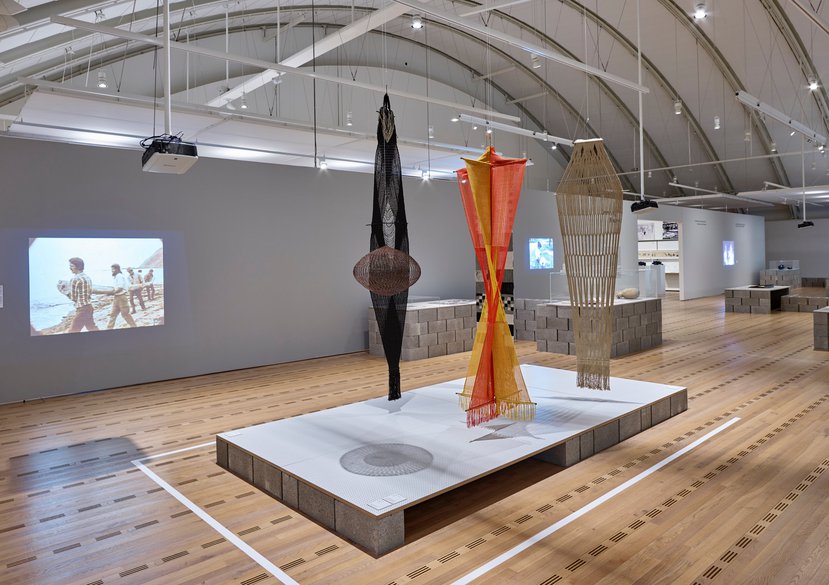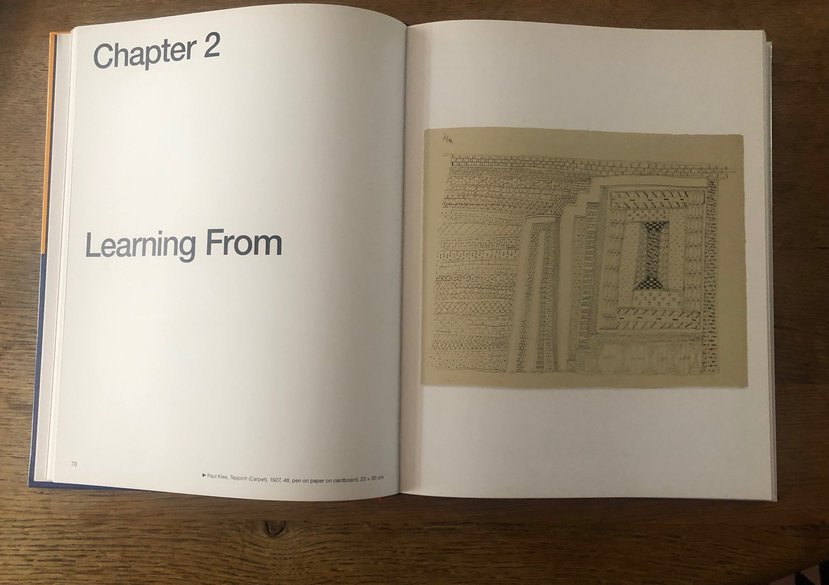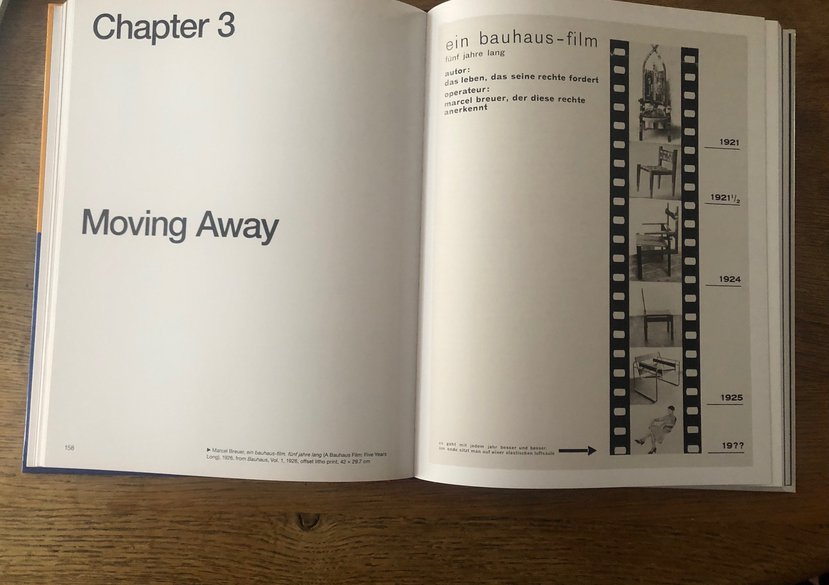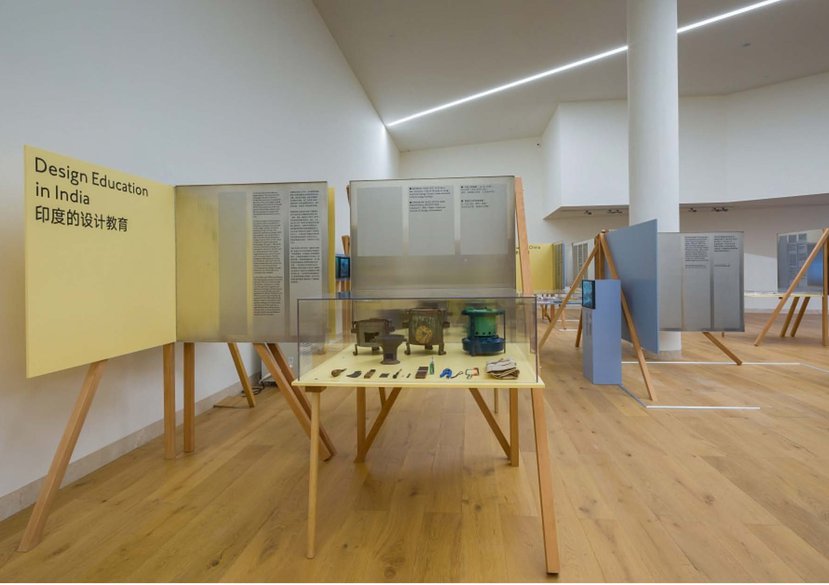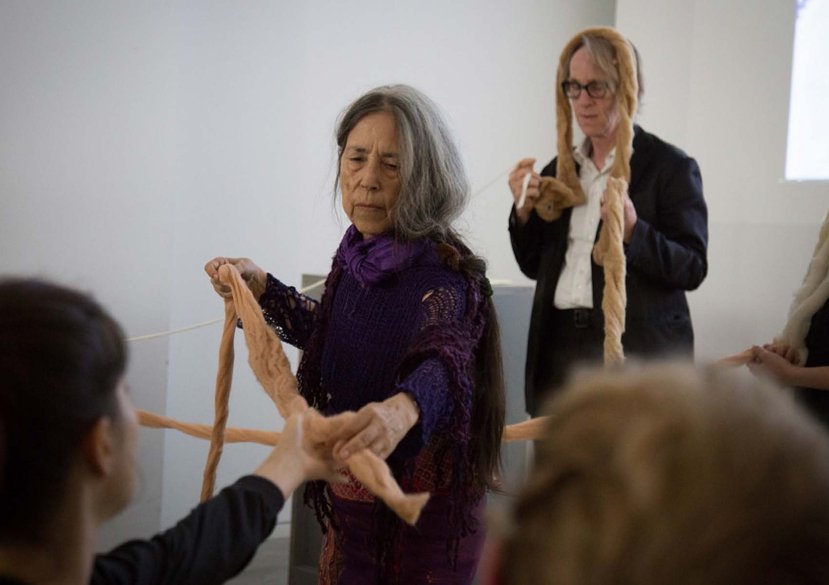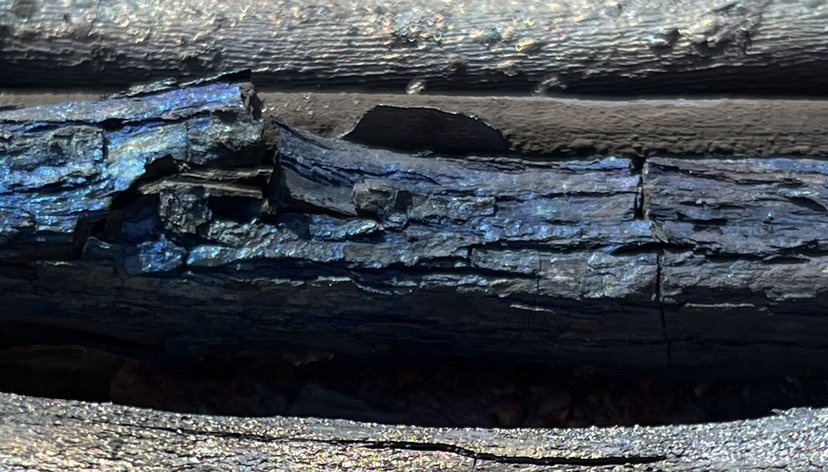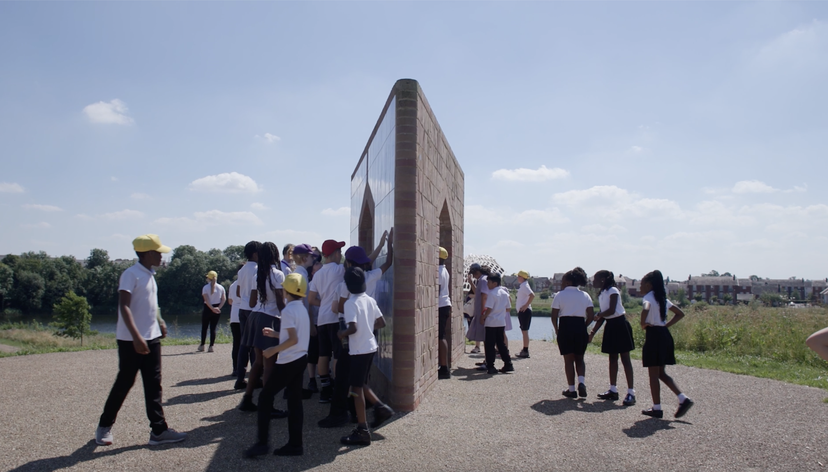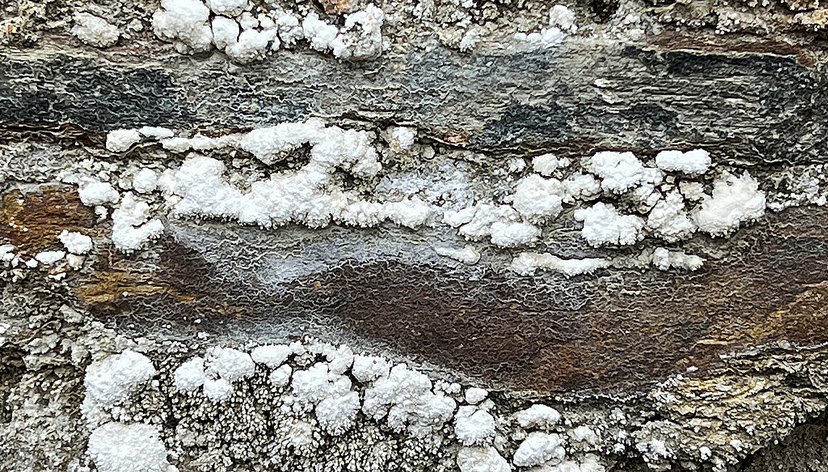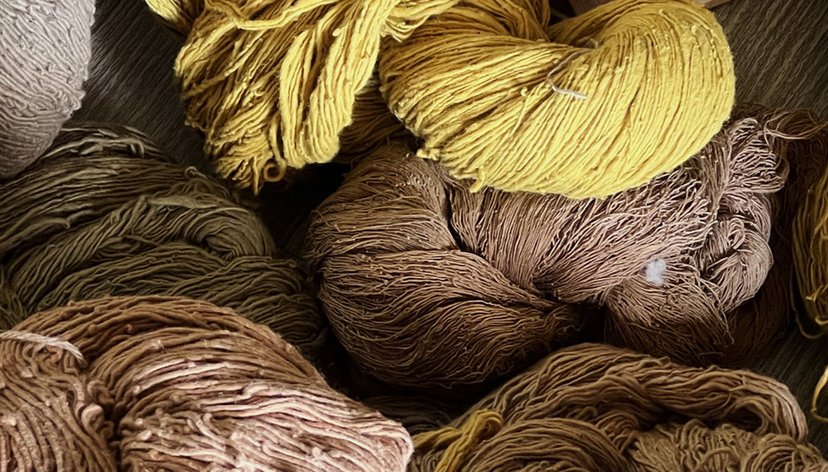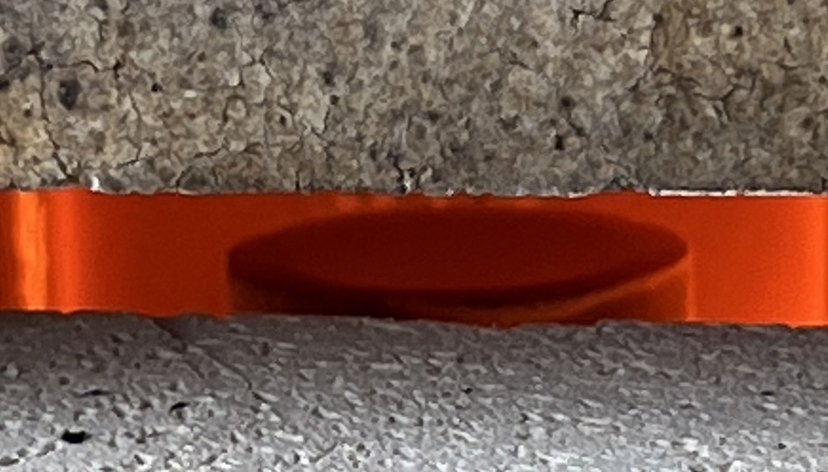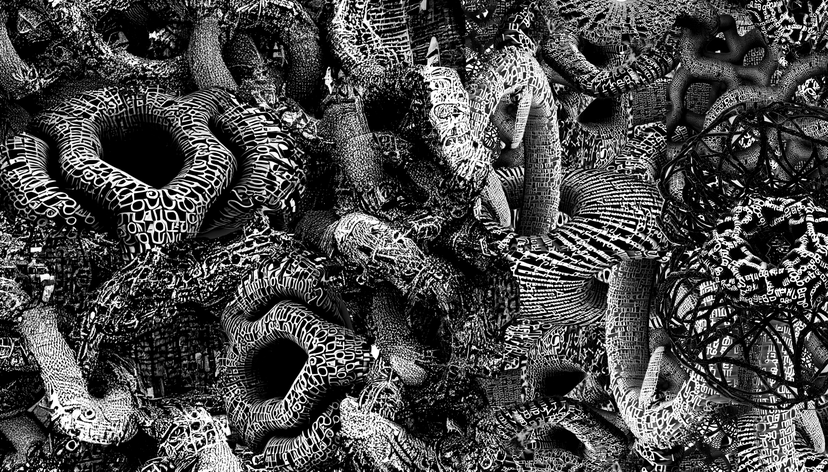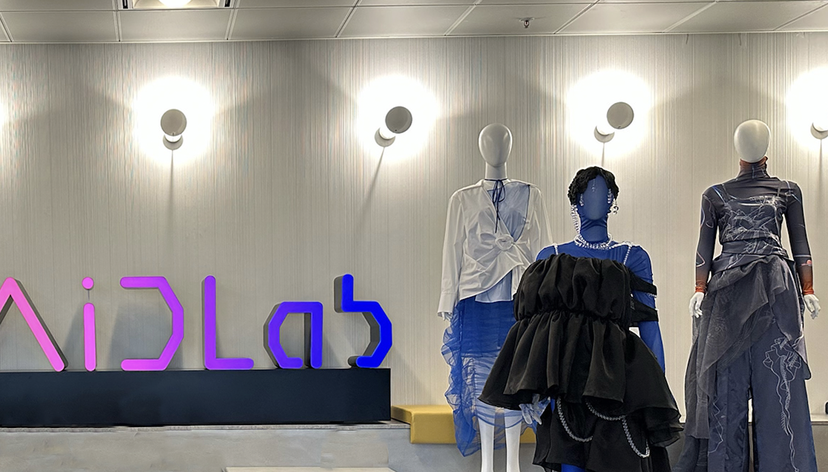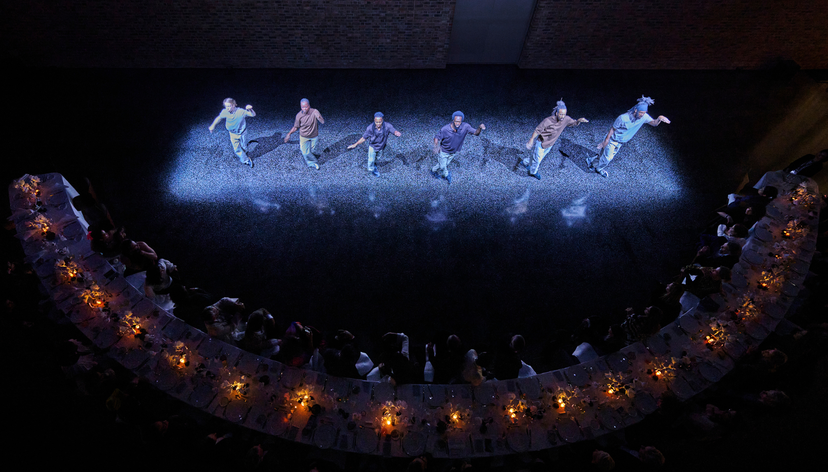
‘bauhaus imaginista’ was a major international project exploring the transnational character of the Bauhaus and its reception, which was commissioned to mark the school’s centenary, in 2019.
bauhaus imaginista was an international project commissioned by the Bauhaus archive, the House of World Cultures (HKW) and Goethe Institute to mark the Bauhaus school’s centenary. It featured exhibitions and events in 11 countries culminating in a major exhibition in Berlin, a catalogue and online journal.
This centenary provided an opportunity to rethink the Bauhaus in terms of its transcultural impacts and the exhibition, and accompanying conferences, built on three years of research undertaken in Europe, Asia, Africa and the Americas.
Key details
Gallery
More information
The project
bauhaus imaginista is a large-scale commission addressing the Bauhaus legacy post-1933, with particular emphasis on its non-western iterations, jointly commissioned by the Bauhaus Kooperation, Goethe-Institut and Haus de Kulturen der Welt, supported by a three million Euro budget from the German Government. It was curated by Marion von Osten and Grant Watson.
The structure of the project included a network of leading researchers, artists and institutions worldwide, each contributing specialist and local knowledge. As the major event of the Bauhaus Centenary, bauhaus imaginista reached audiences in Germany and around the world.
Through its scope and its research in substantially undocumented areas of Bauhaus reception, the exhibition and discursive events made visible previously unknown histories and brought these into relationship with each other for the first time. By addressing this transnational legacy, bauhaus imaginista has substantially transformed a public understanding and scholarship of the Bauhaus, including the German vision of the Bauhaus, not as an issue of national heritage but by pushing critical responses toward the diverse histories on display.
The project included collaborations with partner institutions including the China Design Museum, Hangzhou, the National Museum of Modern Art, Kyoto, the Garage Museum of Contemporary Art, Moscow, SESC Pompéia, Sao Paulo, and the Kiran Nadar Museum, New Delhi, with funded exhibitions and discursive events in most venues.
Research generated by bauhaus imaginista has been archived and made publicly available through the online journal, www.bauhausimaginista.org
Activities
Outputs included exhibitions, conferences, publications, public talks, workshops and an online journal. The first phase for these outputs took place in 2018 in Morocco, China, the US, Japan, Russia, Brazil, Nigeria and India. A critical impact came through the conferences organised in tandem with the exhibitions, as well as through the commissioning of extensive new writing, considering the international legacy of the Bauhaus, published in a catalogue and the online journal.
The catalogue, published by Thames and Hudson in 2019, organizes research exploring the transcultural reception of the Bauhaus into four thematic chapters, each with a specific question concerning pedagogy, cultural appropriation, design and ideology and art school experimentation. This reflected the overall structure of the project.
‘Corresponding With’ looked at early twentieth century pedagogy; ‘Learning From’ examined modernist practices of cultural appropriation; ‘Moving Away’ addressed the evolution of design concepts from the Bauhaus to three different geographies; and ‘Still Undead’ explored experiments in light, colour and moving image.
‘bauhaus imaginista: Learning From’, Le Cube & Goethe-Institut Rabat, 2018
“How can the reading of cultures be decolonialized? With the start of bauhaus imaginista’s year program in Morocco in Rabat… this question was reflected through the study of vernacular objects as well as through parallel projects in the 20th century that wanted to go beyond the western paradigms of knowledge production and transfer.”
Conférence: bauhaus imaginista
23 March, 2018
Workshop: Atelier New Methodologies
24 March, 2018
Talk: Maud Houssais
3 April, 2018
‘bauhaus imaginista: Moving Away’, China Design Museum/China Academy of Art & Goethe-Institut China, 2018
“Featuring case studies from the Soviet Union, India, China, Taiwan, North Korea and Nigeria, 'Moving Away' explored through archival research and commissioned artworks how the Bauhaus evolved through its entanglement with social, cultural and political exigencies.”
Exhibition
8 April – 26 August, 2018
Workshop and symposium
8 April, 2018
‘bauhaus imaginista: Learning From’, Metropolitan Museum of Art, the National Museum of the American Indian, the American Museum of Natural History, the Lenore Tawney Foundation & Goethe-Institut New York, 2018
Addressing questions of cultural appropriation, “this symposium asked what it means to take cultural materials and inscribe them in a new context—whether this is done by the 19th-century ethnographic museum, the avant-garde artist, the mid-century teaching collection or in contemporary art.”
Workshop
7 – 8 June, 2018
Symposium
9 June, 2018
‘bauhaus imaginista: Corresponding With’, The National Museum of Modern Art, Kyoto & Goethe-Institut Tokyo, 2018
“This exhibition examined how the institution's distinctive curriculum, with a special emphasis on the preliminary course, was mirrored in schools in Japan and India that set out to create a new educational framework for art and design.”
Exhibition
4 August – 8 October, 2018
Symposium
4 – 5 August, 2018
‘bauhaus imaginista: Moving Away: The Internationalist Architect’, Garage Museum of Contemporary Art & Goethe-Institut Moscow, 2018
“The Moscow iteration of the exhibition traced the complex relationship between the Bauhaus and the Soviet Union through the life and work of former Bauhaus teachers and students in Moscow. It focused on several graduates and students who were connected to the second Bauhaus director, architect Hannes Meyer, in the Soviet Union in the 1930s.”
Exhibition
12 September – 30 November, 2018
The Archive Talks
September 12, 2018
Workshop
October 18 – November 4, 2018
Symposium
‘bauhaus imaginista: Learning From’, SESC Pompéia & Goethe-Institut São Paulo, 2018
The exhibition at Sesc Pompeia, São Paulo, examined how Bauhauslers and their students appropriated from indigenous, folk, and vernacular traditions. It included examples of material from the US, Brazil, Morocco, Mexico and the USSR.
Exhibition
24 October, 2018 – 6 January, 2019
Symposium
October 25, 2018
‘bauhaus imaginista: Moving Away: Decolonizing the Campus’, Goethe-Institut Lagos, 2018
“Through dialogue between local and international architects and scholars, the symposium offered a critical dialogue on design pedagogy and campus construction as practiced at the start of Nigeria’s transition to independence.”
Symposium
November 23 – 24, 2018
‘bauhaus imaginista: Moving Away’, Kiran Nadar Museum of Art, India International Centre & Goethe-Institut India
“Moving Away at the Kiran Nadar Museum, which was partly presented before in Hangzhou (China) with the same title, brought diverse Bauhaus genealogies together in an exhibition for the first time. Through a series of case studies it becomes possible to compare different responses to the Bauhaus, filtered through cultural translation and grounded in the conditions of a particular locality.”
Exhibition
2 – 18 December, 2018
Symposium
2 December, 2018
‘bauhaus imaginista’, Haus de Kulturen der Welt, 2019
“The title bauhaus imaginista hints at the imaginative possibilities which were opened up by the Bauhaus, and the multilayered interpretations that the term still denotes today. Between archival findings and contemporary contributions, this major exhibition which was the culmination of three years research, alongside 2 discursive events translated the historical into a set of contemporary questions: How, in the spirit of the Bauhaus, might culture be reimagined as a social project today?”
Exhibition
15 March – 10 June, 2019
‘bauhaus imaginista’, Zentrum Paul Klee, 2019–20
“The research and exhibition project bauhaus imaginista proposes a new interpretation of the Bauhaus as a globally connected institution and as part of a modernity that drew its impulses from encounters and exchanges with different cultures. In this respect, the transfer of ideas which the Bauhaus participated in is not a story of influence and effect but of international interdependence.”
The exhibition bauhaus imaginista toured from the HKW to the ZPK where additional research on the work of Paul Klee was included.
Exhibition
20 September, 2019 – 12 January, 2020
‘bauhaus imaginista: Still Undead’, Nottingham Contemporary, 2019
“Coinciding with the centenary of the Bauhaus, the exhibition Still Undead traced how the pioneering art and design school’s ideas and teaching lived on in Britain, via popular culture and art school experimentation. Spanning the 1920s to the 90s, and including works by some 50 artists, designers and musicians, Still Undead narrated the eclectic and fragmented ways that the Bauhaus’s legacy has been transmitted and transformed.”
Exhibition
21 September – 24 November, 2019
Conference
8 – 9 November, 2019
‘bauhaus imaginista: Moving Away Istanbul,’ Salt, 2020
The Exhibition ‘Moving Away’ was exhibited at Salt, Istanbul with the addition of the section ‘Pedagogical Adaptations in Turkey’ featuring material relating to design and architecture education in Turkey.
Exhibition
29 January 3 April
‘Collected Research’ Tour, Worldwide
A special touring exhibition of collected research from bauhaus imaginista is touring world-wide, featuring a sculpture/display system designed by artist Luca Frei
All Locations of the collected research tour:
- Ankara (May 2019)
- Athens (March–April 2019)
- Bangkok (January 2020)
- Belgrade (July 2019)
- Brașov (September 2019)
- Bucharest (October 1919)
- Chișinău (August 2019)
- Dhaka (March 2020)
- Guadalajara (March 2019)
- Havanna (November 2019–January 2020)
- Indianapolis (April–June 2019)
- Livorno (July 2019)
- Mexico City (September–Oktober 2019)
- Monterry (July–August 2019)
- Nikosia (March–April 2019)
- Novosibirsk (October–November 2019)
- Panama (February–May 2020)
- Podgorica (October 2019)
- Pristina (6–27 June 2019)
- Riga (October–November 2019)
- Rijeka (September 2019)
- Rotterdam (August/September 2019)
- San Luis Potosi (June–July 2019)
- Sarajevo (June 2019)
- Seoul (September–October 2019)
- Singapur (November–December 2019)
- Skopje (November 2019)
- Sofia (May 2019)
- Tampere (January–February 2020)
- Theheran (April 2020)
- Thessaloniki (November–December 2019)
- Vilnius (June–July 2019)
- Zagreb (September 2019)
29 January - 3 April
Research methods & questions
‘bauhaus imaginista’ represents a departure in Bauhaus scholarship, substantially questioning a canonical reading of the Bauhaus, demonstrating its internal cosmopolitanism and participation in international and transcultural movements, as well as exploring its impacts beyond Europe and the USA, to identify a widespread Bauhaus reception in Asia, Africa and Latin America.
Research leading to the exhibition at the HKW explored the international reception of the Bauhaus through histories of design, architecture, art and education in nine locations (China, India, Morocco, Russia, Nigeria, the United States, Japan, the United Kingdom and Brazil), focusing on specific case studies. It took place over three years (2016 – 2019) and was a collective process, involving a team of thirty core researchers, including artists, designers, architects, academics and eight key international partner institutions, led by the co-curators.
The project drew from curatorial research in archives and museum collections examining objects and documents which embody Bauhaus histories, staging exhibitions and discursive events, as well as generating artist commissions. Exhibitions and events took place in the location of the research and were used as a tool to test ideas and benefit from the feedback of the public as well as specialist audiences, which directly informed decisions regarding the final exhibition presentation and conferences at the HKW in 2019.
The project builds on initiatives such as ‘Bauhaus Tropics’ published by Bauhaus Dessau, 2013, and was shown alongside ‘50 years after 50 years of the Bauhaus 1968’ at the Stuttgart Kunstverein, 2019, while also addressing multiple modernisms. bauhaus imaginista constitutes the largest and most comprehensive analysis of the school’s international impact and reception to date.
Recognition
Selected media coverage: BBC News, Tagzeitung, Frieze, Art Forum, all 2019
Ask a question
Get in touch to find out about School of Arts & Humanities research projects.
SoAH@rca.ac.uk

